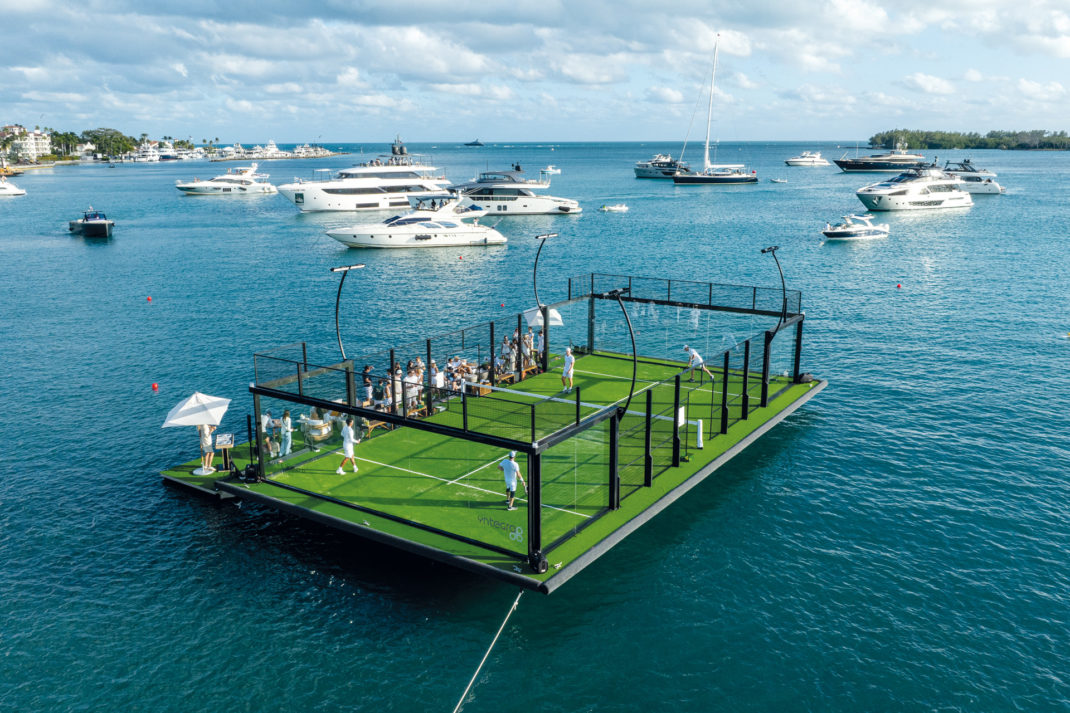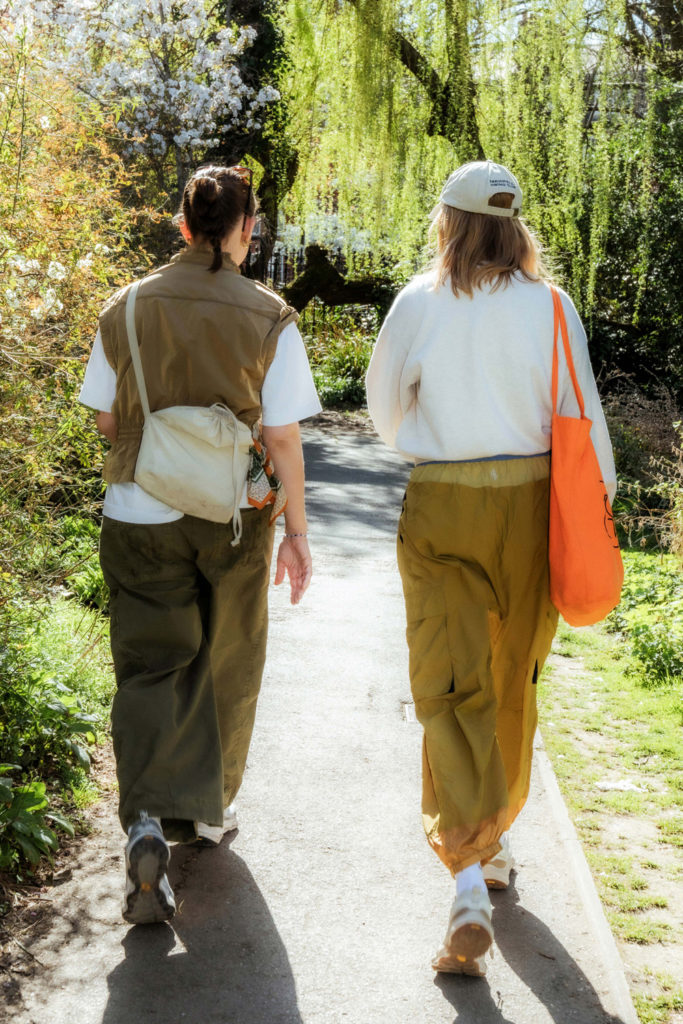Green Heroes: Rob Thompson, Owner of Odyssey Innovation
By
4 years ago
'It’s so easy to say ‘this is appalling, somebody should do something’ – but, we need to be that somebody.'
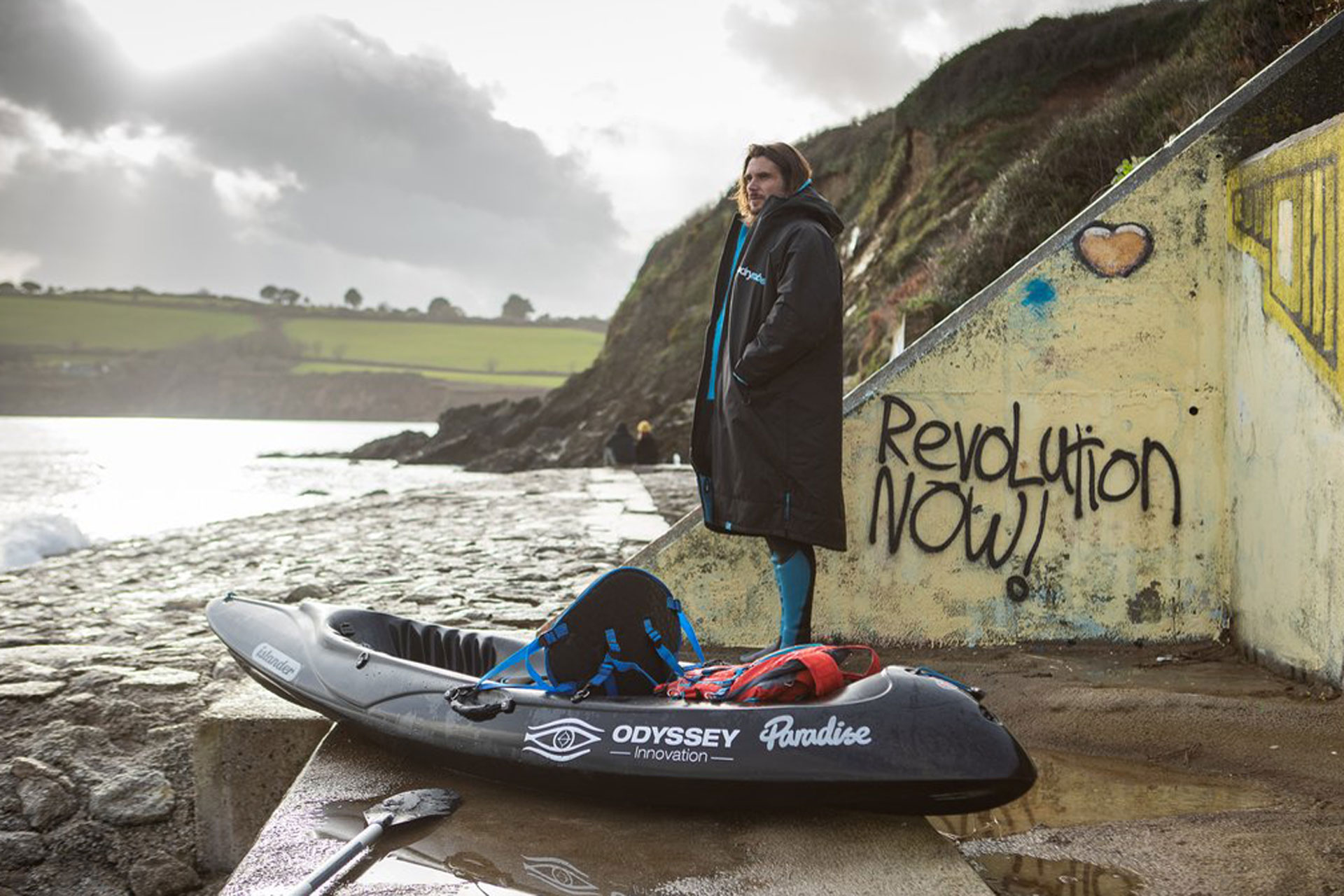
Rob Thompson, owner of Odyssey Innovation, wants us to clean up our oceans. From turning marine waste into kayaks and setting up beach cleans to helping fishing communities recycle, this newly appointed COP26 One Step Greener Ambassador is just getting started.
When was your green lightbulb moment?
When I did a double-take at our beach clean team photo. I was looking at the kayaks and bin bags full of plastic waste lined up in the background and put two and two together, I thought ‘Oh wait, this could be something. We can turn this waste back into kayaks, and then use the kayaks to clean all the inaccessible places like coves and estuaries.’ It took us at Odyssey Innovation another three years of product development to see that realised.
What green business practices are you most proud of?
We’ve basically given a free resource to the marine industry’s crippling problem with waste in the South West of the UK. Typically, ocean waste would go to landfills, which comes with charges. Or the waste would be stored inappropriately where it could end back up in the sea, or they would burn it or resort to fly-tipping.
We now run recycling schemes right along the south coast up to Dover, and we’ve just taken on the Welsh coastline up to Holyhead. We’re partnering with fishing communities, and we’re partnering with several other charities like Surfers Against Sewage as well as inspiring people to join our own ocean clean-up Paddle For Plastic.
What makes you feel positive about a sustainable future?
The people I’ve met through doing my work. The most inspiring people are the ones on the ground every day, normal people like myself, who are fed up waiting around for something to happen. They are the ones making big changes. It’s so easy to fall into that trap and say ‘this is appalling, somebody should do something’ – but, we need to be that somebody.
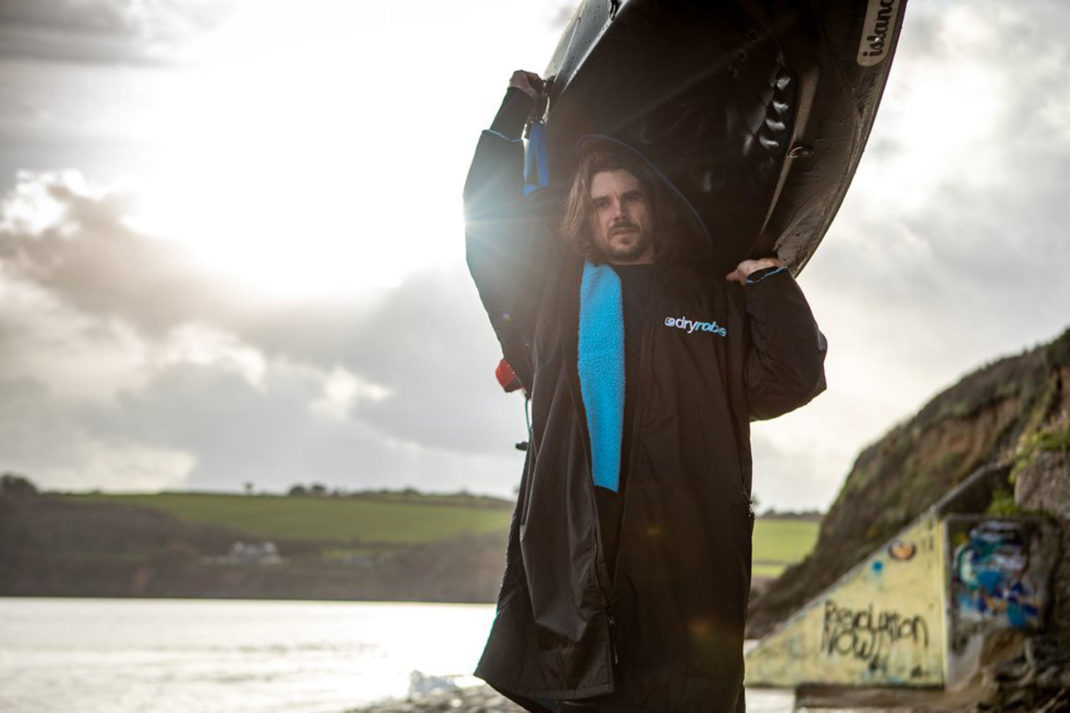
And what are the facts that make you fearful?
There are lots of facts out there: 8 million tonnes of plastic pollution a year are dumped in the sea; up to one million tonnes of ‘ghost gear’ are lost annually; and there could be more plastic than fish in the ocean by 2050. They are all based on estimates, but from what I’ve seen, I don’t think we are too far off.
What’s horrifying to me is that this stuff isn’t going anywhere. At Odyssey Innovation, we’re finding the plastic waste we collect during beach cleans is just a tiny fraction of the stuff that’s washing in. Most of it is going to be sinking to sea floors and breaking down into smaller fragments. Some estimate that 70% to 80% of plastic actually sinks in the ocean.
Who is your own green hero?
It’s got to be Sir David Attenborough. I don’t know what we would do without him. I was never a big one for being stuck at the television as a child but whenever there was an Attenborough documentary, I’d be fixated. He’s inspired generations: he’s inspired my parents generation, and he’s now inspiring the next one.
Your favourite product – and tell us why we can feel good about buying it?
Our surfboard handplanes. If you’re into surfing, it’s likely that you like being in nature. But here’s the problem: you’re probably wearing a wetsuit that’s not recyclable, and surfing on a fibreglass board, which is also not recyclable.
At Odyssey Innovation, we have a product that’s fully circular. We’re using old fishing gear and taking old wetsuits and cutting them up, and using them as the hand straps for our surfboard handplanes.
Where do your source your materials?
We source the waste from several different charities, beach cleaning groups, through our own Paddle for Plastic campaign and from the fishing community.
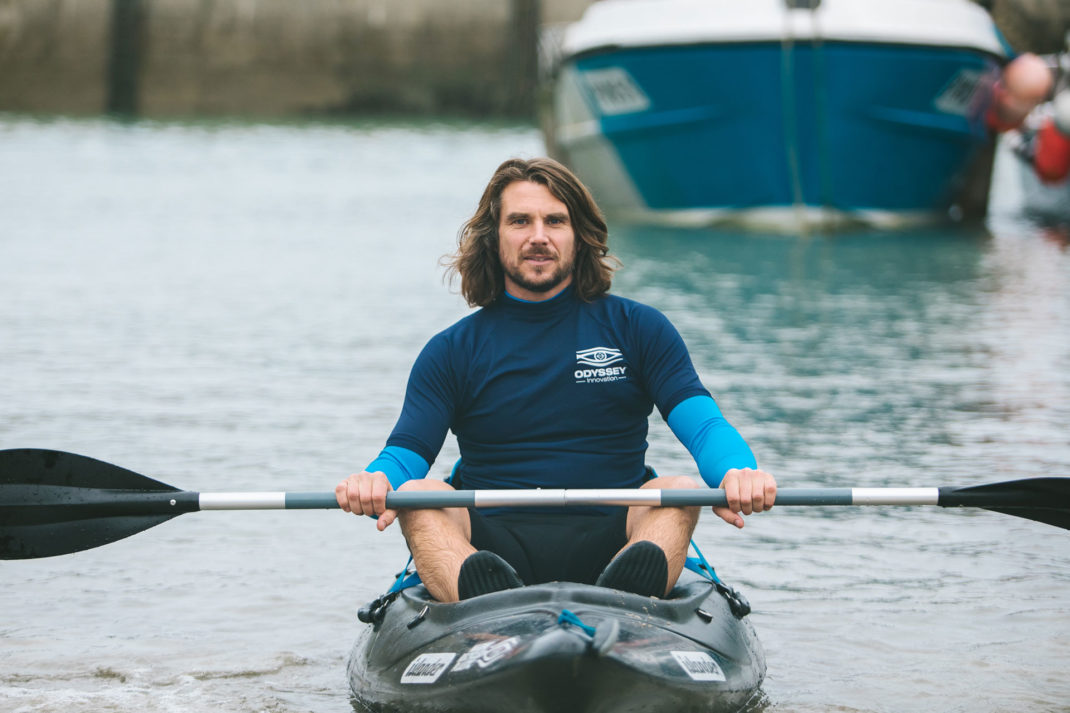
Name three other of your favourite brands who are doing the right thing and why you like them?
Two brands I think are doing well are Patagonia and Finisterre. They’ve got the right balance of doing the right thing, and are also able to make money. But really for me, what I like more are the companies behind the scenes making the materials. Aquafil, for example, makes a yarn called Econyl, which is made out of recycled fishing nets. Now lots of brands now use this yarn to make swimwear and all sorts of different products.
Should we be green-shaming the brands/companies who are doing nothing to change their ways?
I think there’s probably enough of that going on, let’s actually give these brands the resources for change. For example, I could have gone to the fishing community and have been defensive about all the fishing gear we’re finding washing up on the beaches. But I haven’t. I’ve gone in, acknowledged the problem, and thought about how we can solve it. It was actually a simple solution. We said: we’ll take your stuff for free and recycle it, and you won’t have to pay for the landfill charges. If I had gone in antagonistically, we wouldn’t have got anywhere.
What are the biggest challenges in running a sustainable business?
One of my biggest challenges with Odyssey Innovation was not having many other case studies in the circular economy, so I was discovering everything from scratch. The lack of expertise I had at the beginning too was a challenge because you are trying to do everything yourself. You can’t be a perfectionist, you just have to do your best.
What advice can you give to other businesses who are wanting to do better?
Try to keep things simple to begin with. If you try and take on everything at once, you’ll find it such an overwhelming challenge that you’ll never get started. Continue to find room for improvement, and then cumulatively that’s going to drive your business in the right direction.
Essentially, businesses need to think about three things: how are you going to create your product, how are you going to make a profit, and how does that support the environment and the community. If you don’t have those three golden rules nailed, then it’s going to be hard to carry on.
Will you sign up to going carbon neutral (or even negative) by 2050?
We probably aren’t too far off now at Odyssey Innovation. I’m currently doing research with Plymouth University on a full lifecycle analysis of the materials and our products, so we will get a clearer idea soon.
Three things we should all, as individuals, be doing to help in the climate change fight?
Find like-minded individuals. If you’re passionate about something, it’s easy to become daunted and overwhelmed. But if you’ve got like-minded people around you, they will pick you up and inspire you.
Look at the small changes. What are you buying, and what is the impact? And is there an opportunity to change your buying habits.
And for the next level: speak to your local MP, or the manager of your local supermarket. Let the relevant people know that you want to see change.
Where can we read more about your sustainable practices? (link to your sustainability statement)
Check out our website: odessyinnovation.com
MORE GREEN HEROES:
Sara Thomson, Owner of Leith Collective / Geraldine de Boisse, Vice President of Innovation at Bulb

